First, 3D printing takes time. It can take up to several hours to print a small sized part of sufficient quality.
Moreover, becoming an expert in 3D modeling and 3D printing requires skills you have to develop and practice. In the early stages, a beginner may experience frustration when designing the parts they need.
But don’t worry, there are plenty of tutorials online, plus websites where you can find. STL files of 3d printable drone parts which you can download and print without having to create them yourself.
Other than the above, there aren’t many reasons why you shouldn’t just go ahead and 3D print your own parts!
The good thing is: You can 3D print almost every part of a drone except the electronic components. Here are some components:
Even some commercial drone manufacturers are using 3D printing. For example, Southern Californian company Blue Robotics uses 3D printing for their submarine drones. Their creations are open source, the digital blueprints are available for everyone who wants a 3D printed drone.
There are many resources online that not only offer 3D printed drone parts for existing makes and models but also instructions how to build your own 3D printed drone parts.
You’ll need to buy the electronic components in most cases, but a significant chunk of the parts can be fabricated on any 3D printer.
Resources for 3D Printed Drones:
Watch the amazing mechanism that moves the landing struts up when in mid-air (to lower the center of gravity) and down while landing… It’s a really sophisticated piece of design.
Aside from vital components, there is a huge variety of extra things you can add to your quadcopter. There are functional accessories… and then less functional accessories.
One might make a flying Helicarrier from The Avengers movie out of their drone (which would be awesome). Others will stick to more practical applications like 3D printed propeller guards, cases for transportation and mounts for various cameras used on FPV drones (which is also awesome).
The possibilities are limited only by your imagination.
Parts you can 3D print range from optional accessories to add-on protective equipment like prop guards. The latter are useful for small indoor quadcopters like the Hubsan X4 and gear protectors for the very popular Parrot AR versions.
Every part that will commonly bump into obstacles (including the ground) may need replacement at some point. If you 3D print drone spares, you won’t suffer from much downtime when this occurs.
Of course, we’re not referring to mounting the drone onto something, that would be pointless. Rather, the idea is to mount accessories onto the drone.
And if you’re planning on getting started with FPV drone racing, 3D printed parts like a camera mount as well as mounts for the live video transmitter or maybe an additional antenna holder are highly useful.
Elsewhere, the GoPro mount for the Phantom 2 lets you add the standard GoPro accessories onto your aerial vehicle.
If you want to know more, please consult this article.
There are many ways you can come up with iterations of existing parts that may or may not improve your drone – and it’s fun to experiment for sure!
For different use cases, different designs will prove worthwhile. For the hobbyist that buys a fully assembled quadcopter (like the DJI Phantom or Inspire models), they’ll still appreciate a simple 3D printed range boosterthat, acting as a parabolic reflector with some metallic tape, will increase the range of the remote control threefold.
Elsewhere, the tech enthusiast that builds his own drone from scratch can improve the accuracy of his onboard electronics by eliminating general shakiness with a 3D Printed Anti Vibration Mount, which still conducts major movements that come from actual changes in flight.
Choosing the right material is vital because every gram of weight will cost you flight time. Why? Because the heavier the drone, the faster the drain on the drone’s battery. At the same time, it would be foolish to try to navigate properly with a wobbly construction made from shoddy parts.
There are many “high-grade” 3D printing filaments available. They are sold as extra-strong and durable alternatives to the widely used PLA and ABS. You can also spend extra cash on some enhanced filament spools with carbon fiber. So, should you print in nylon, PET or rather use some exotic stuff you haven’t even heard of yet?
PET / PETG is stable and shockproof, but it requires a heated print bed, is relatively expensive, and quite heavy.
In conclusion, you can almost always print in PLA when you’re an absolute beginner and should transition to ABS when you’re ready for the big leagues. Advanced 3D printing and drone pros will also enjoy printing with Nylon.
Because it is flexibel and absorbs vibrations.
PLA is easy to work with, has no odor, and is cheap and widely available. However, it’s not UV or heat-resistant.
ABS is tough and stable, lightweight, and has better temperature resistance. It’s also cheap and widely available. However, you need a heated print bed for optimal results, and there are the dreaded toxic fumes to consider.
Nylon has amazing strength and temperature resistance and is lightweight, but it’s tricky to print with.
If you want more information on filaments, please continue here.
Here’s a short collection of the best drones and quadcopters you can 3D print:
The Pixxy is of the smallest FPV miniature quadcopters you can build yourself. It only weighs 4 gram, can be easily stored and relatively easy to manufacture. You need some simple soldering skills, the parts widely available in common online hobby and toy shops. The cost for this 3D printed drone shouldn‘t exceed USD $100.
Get it at Thingiverse.
Being one of the most popular designs of 3D printed drones, this redesigned MHQ2 folding mini quadcopter is built like a tank! Building on the success of the original MHQ frame, it offers improved functionality, durability, and stability of this frame.
Get it at Thingiverse.
This beauty of a 3D printed drone can go really fast: The Firefly is a fully featured racing quad with amazing flight characteristics. If you’re into DIY racing drones, this is one to consider.
Get it here.
This is custom quadcopter inspired by Rey’s Speeder Bike from new Episode 7 Star Wars The Force Awakens trailer. This is one of the 3D printed drones that just look beautiful – but beware, there’s a lot of work to do until Rey takes off.
Get it at Thingiverse.
It looks like a flying circuit board, right? Well, that’s pretty much what it is. This 3D printed drone is foldable to 83 x 58mm, consists of affordable components and is relatively easy to build, if you have some DIY experience.
Get it at Thingiverse.
Flight platform for customize industrial Specially designed for industry applications. with modular design concept, the main components can be quickly disassembled and assembled, flexible and multi-purpose, convenient for customized demand expansion, and the whole frame adopts dumb black coating, which shows processional stability.
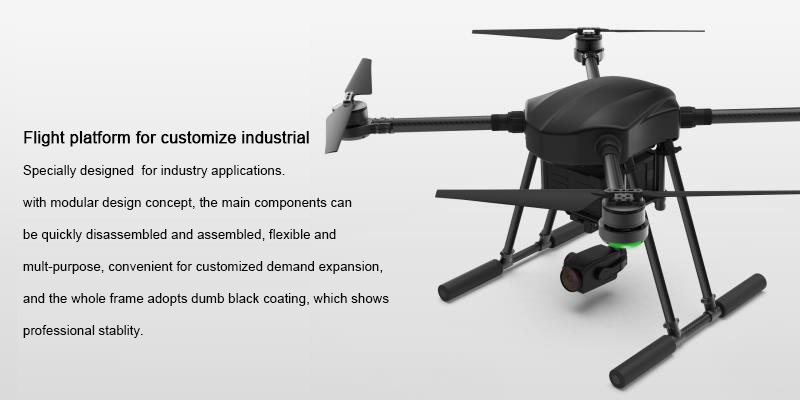
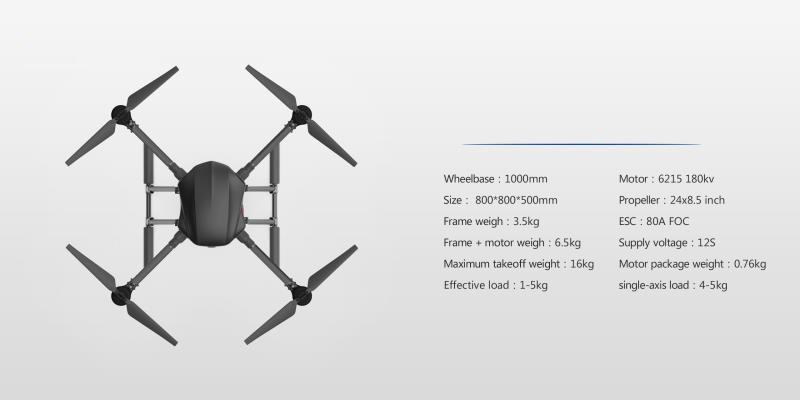
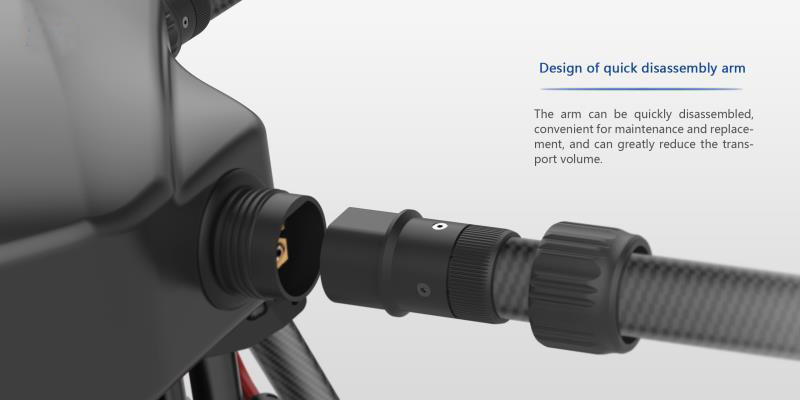
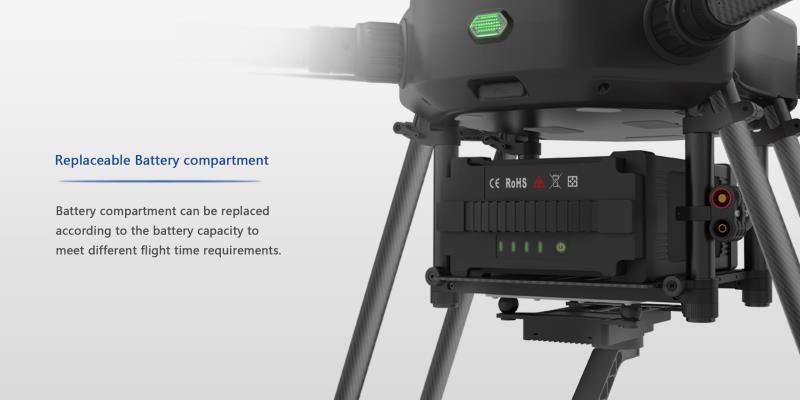
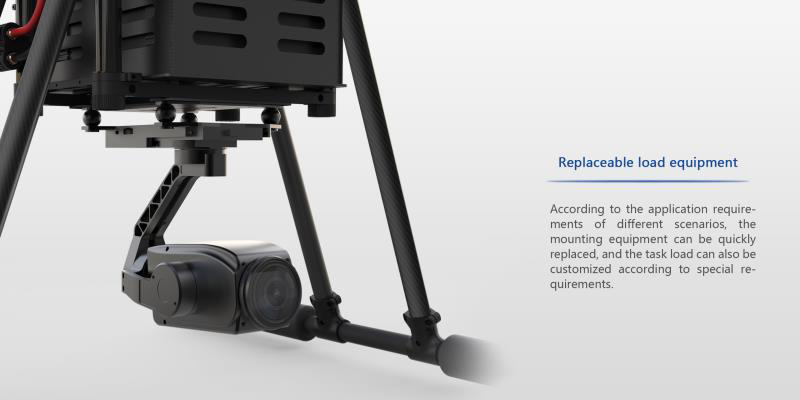
Contact: Fly Dragon Drone Tech.
Email: frank at dronefromchina.com
Add: NO. 9 Dayu Road PiDu distric, ChengDu 611730, China